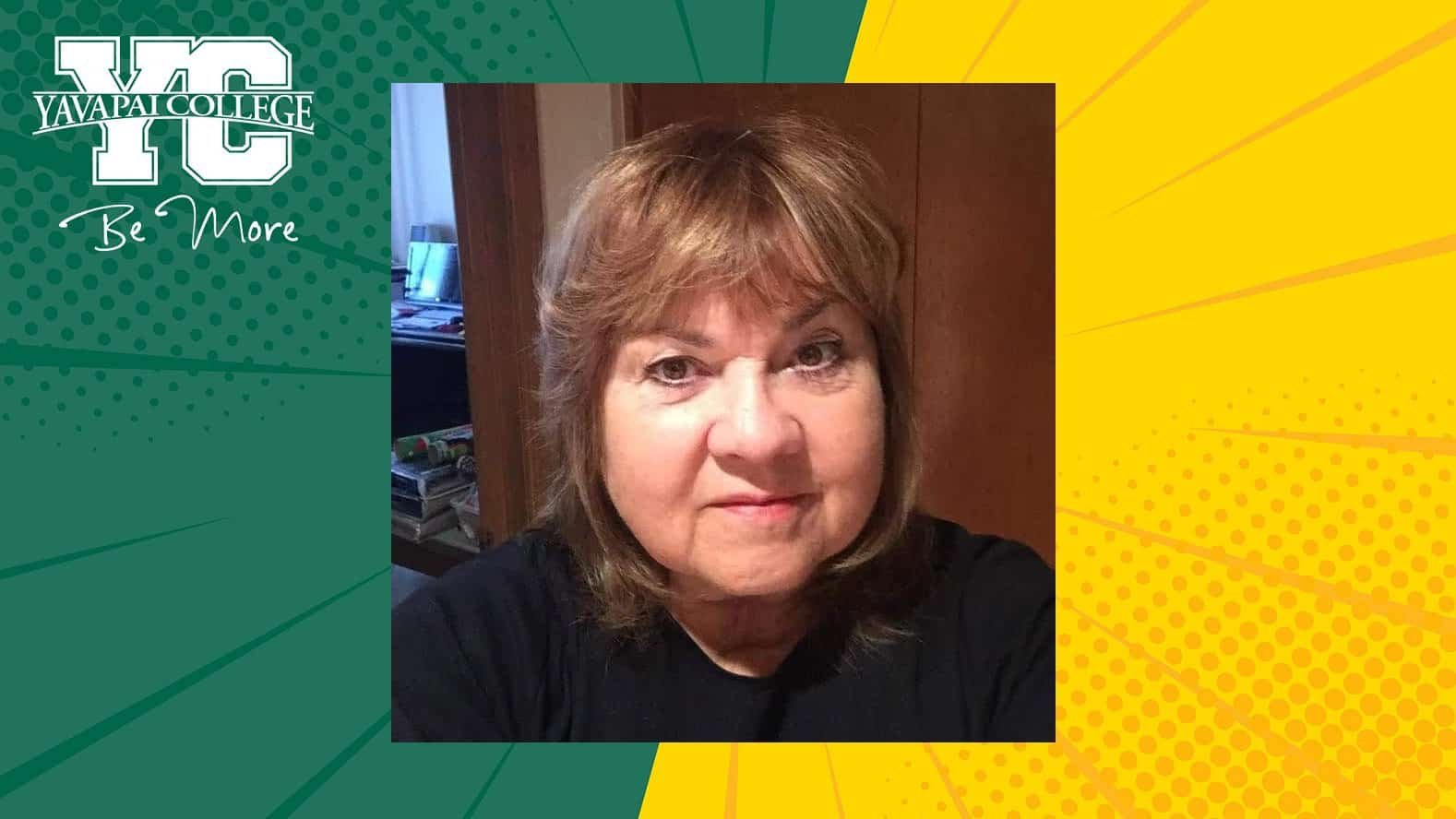Editorials & Opinions
Yavapai Community College Board Member McCasland Stands Firm on Controversial Speech Policy

Deb McCasland, representing District 2 on the Yavapai Community College Board, has issued a letter to staff, urging them to disregard criticisms of college leadership. Her communication comes amidst growing concern over the board’s recent policy changes that some believe infringe on free speech rights.
McCasland claims to represent the Camp Verde region but appears detached from local taxpayer and student concerns. Following the removal of board member Ray Sigafoos in November, McCasland stands as the last official attempting to concentrate authority among unelected administrators.
In her letter, McCasland asserts, “I want to be upfront and open with you,” yet her subsequent comments raise questions about accuracy. She claims that as chair, only she can release statements regarding board actions, a statement that ignores the fact that any board member or authorized staff can issue public statements on behalf of the board.
Moreover, she contends that other board members lack the authority to express personal opinions, a view that misunderstands the fundamental role of elected officials. Individual opinions are vital in democracy; diverse viewpoints foster transparency and accountability. The First Amendment guarantees that all elected officials retain the right to voice their opinions, even if they differ from the majority. Such discourse lies at the heart of representative democracy.
“Board members are trustees, not administrators,” McCasland correctly notes, highlighting the governance structure where the president operates under the board’s oversight. Yet, her remarks lead to a broader discussion on a newly adopted policy that raises concerns about free speech. The recent Resolution 2024-18 goes beyond delineating operational control, imposing restrictions that prevent board members from addressing community issues or communicating with the press.
This policy arguably stifles not only board members but also staff members from engaging with their representatives, linking it to a broader pattern of silencing dissenting voices. The resolution has ignited discussions about whether these measures align with constitutional protections, particularly the First Amendment.
The policy, in restricting dialogue between board members and community, threatens the critical function of elected representatives to communicate concerns and grievances effectively. It disallows board members from publicly questioning the actions or decisions made by college leadership, a scenario that undermines accountability.
Despite claims that the board’s governance aligns with higher education standards, McCasland’s assertions about operational frameworks don’t adequately justify the need for such restrictions. The policy came into effect two months ago, and altering it lies within the board’s authority—unless McCasland and President Lisa Rhine choose not to allow discussion of potential amendments, which could have legal ramifications.
In the letter, McCasland cautions staff against engaging with “illegitimate blogs” and “unsourced news organizations,” while inaccurately claiming criticism is directed at college staff rather than board leadership. The focus of scrutiny has consistently been on board actions and administrative decisions, not the valuable work performed by educators and support staff dedicated to student success.
Interestingly, McCasland previously acknowledged the media outlet’s role in education advocacy, awarding a commendation for its contributions to the Verde Valley community in 2021. It raises questions about the inconsistency in her current stance toward scrutiny and media relations.
The desire for control reflected in McCasland’s letter seems contrary to the values of open dialogue and participatory governance, which are necessary for institutional integrity. History shows that attempts to suppress voices within a governance structure can foster distrust among stakeholders.
Yavapai Community College staff members wishing to discuss these policy changes or other related issues are encouraged to reach out anonymously via email.


















